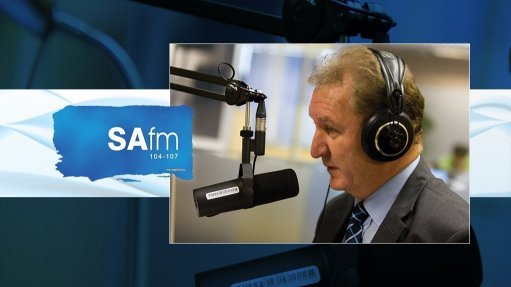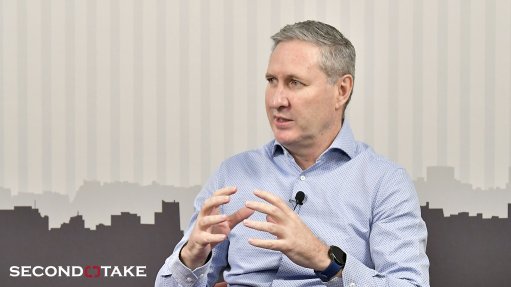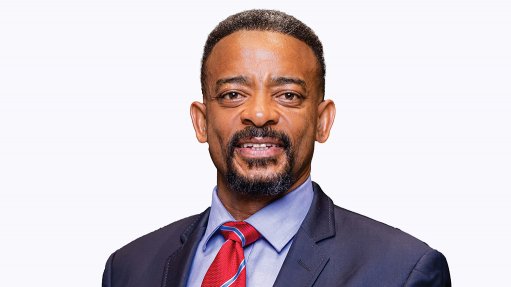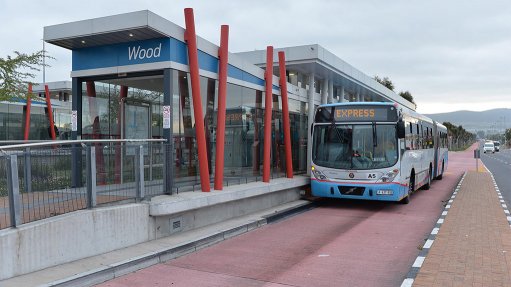African Municipalities Seek The Option To Procure From IPPS
This article has been supplied as a media statement and is not written by Creamer Media. It may be available only for a limited time on this website.
Africa’s energy demand is expected to double by 2050 and with its abundant supply of renewables, the continent has adequate capacity to supply this demand. Renewable energy, set to grow exponentially in the next 30 years, can provide the people of Africa with clean, reliable and affordable power, simultaneously and significantly increasing energy access across Africa.
Africa currently has inadequate transmission and distribution capacity. Over 600 million people across the continent still do not have access to electricity. In addition, the rural electrification rate across Africa is only 28%. With this said, the private sector has begun taking progressive steps to ensure accessibility, thereby demonstrating that energy supply is not solely government responsibility.
In an endeavour to procure from Independent Power Producers (IPPs), some African nations have followed South Africa’s leading example in developing effective renewable energy programmes. The country has collaborated with legal, financial and technical experts to develop strategies that are acceptable to developers and funding communities.
To attract such investors to renewable energy and power projects, African nations are creating well-defined and reliable regulatory frameworks supported by a consistent investment environment. As the costs of renewable energy technologies decline, renewables are now on a level-playing field with various other technologies, and such projects can be established without the need for government subsidies.
South Africa, Egypt and Morocco are leading the way with regulatory and policy frameworks that secure market entry, income streams and contract prices.
For instance, South Africa’s 102 IPP projects have delivered approximately R200 billion in direct investment within a decade. In addition, increased separation of state-owned generation companies from the main transmission system, as in Kenya, provides equitable conditions for IPPs and increased investor confidence.
As the number of IPPs is steadily multiplying across the continent, municipalities are increasingly recognising this as a viable alternative to supplement their electricity supply. With the electricity sector having undergone such massive changes of late, municipalities are confronted with both risks and opportunities for which they need to adequately prepare in order to adapt to such transitions.
African municipalities must be cautious if approached by potential IPPs with unsolicited proposals, enticing them to sign memoranda of understanding (MoU) or PPAs that will permit them to generate electricity for the municipality, even if the rate offered by the IPP is better than the current supply tariff. Most PPAs require a formal procurement process before being entered into with an IPP.
Municipalities seeking the option to procure from IPPs need to secure policy clarity from their respective Departments of Energy and other national departments regarding the scope for municipalities to procure their own electricity.
Given the demand for energy, especially in rural communities, municipalities are forced to look for solutions to meet the requirements.
Opportunities exist for municipalities to provide a basket of renewable and alternative energy services to households that do not have access to grid-connected electricity. This could be mainly in areas, such as informal settlements, where this is no grid infrastructure. It could also be relevant in grid-connected areas where supply is constrained, or where households are energy-poor.
The energy services may include a combination of gas stoves, solar water heaters, solar chargers and energy efficient lighting. These can be used instead of fuel sources, such as paraffin, that contribute to the risk of fires and air pollution.
The Africa Energy Indaba 2020 will shed light on what is required of municipalities to consider the option to procure from IPPs and finding solutions to energy access. In addition, the conference will unpack the principal success factors regarding IPPs and the procurement thereof, consequently empowering energy stakeholders to proactively and swiftly capitalise on these opportunities.
Comments
Announcements
What's On
Subscribe to improve your user experience...
Option 1 (equivalent of R125 a month):
Receive a weekly copy of Creamer Media's Engineering News & Mining Weekly magazine
(print copy for those in South Africa and e-magazine for those outside of South Africa)
Receive daily email newsletters
Access to full search results
Access archive of magazine back copies
Access to Projects in Progress
Access to ONE Research Report of your choice in PDF format
Option 2 (equivalent of R375 a month):
All benefits from Option 1
PLUS
Access to Creamer Media's Research Channel Africa for ALL Research Reports, in PDF format, on various industrial and mining sectors
including Electricity; Water; Energy Transition; Hydrogen; Roads, Rail and Ports; Coal; Gold; Platinum; Battery Metals; etc.
Already a subscriber?
Forgotten your password?
Receive weekly copy of Creamer Media's Engineering News & Mining Weekly magazine (print copy for those in South Africa and e-magazine for those outside of South Africa)
➕
Recieve daily email newsletters
➕
Access to full search results
➕
Access archive of magazine back copies
➕
Access to Projects in Progress
➕
Access to ONE Research Report of your choice in PDF format
RESEARCH CHANNEL AFRICA
R4500 (equivalent of R375 a month)
SUBSCRIBEAll benefits from Option 1
➕
Access to Creamer Media's Research Channel Africa for ALL Research Reports on various industrial and mining sectors, in PDF format, including on:
Electricity
➕
Water
➕
Energy Transition
➕
Hydrogen
➕
Roads, Rail and Ports
➕
Coal
➕
Gold
➕
Platinum
➕
Battery Metals
➕
etc.
Receive all benefits from Option 1 or Option 2 delivered to numerous people at your company
➕
Multiple User names and Passwords for simultaneous log-ins
➕
Intranet integration access to all in your organisation


















